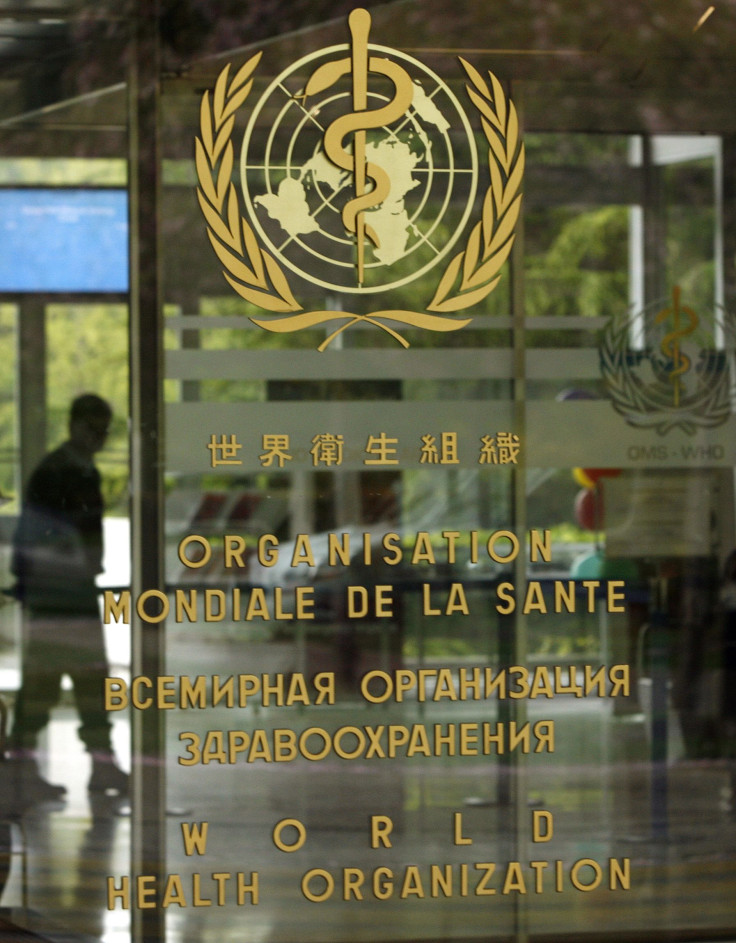Zika is the new Ebola, WHO declares outbreak global emergency

Barely a few months after the Ebola virus that hit mainly African countries was contained, the World Health Organisation (WHO) declared on Monday the Zika virus outbreak as a global emergency. At the same time, the WHO reiterated the recommendation of the US Centers for Disease Control and Prevention (CDC) for pregnant women to delay traveling to Zika-affected areas.
In a statement, WHO Director General Margaret Chan said that the recent cluster of microcephaly and other neurological abnormalities in Latin America, which hit French Polynesia in 2014, “constitutes a public health emergency of international concern.” The declaration makes Zika in the same category as the Ebola virus, reports BBC.
Before the WHO declaration, the CDC issued a travel advisory for pregnant women to avoid 22 countries affected by the Zika virus. The WHO had previously predicted the fast spread of the mosquito-borne virus in the Americas since in South, Central and North America, only continental Chile and Canada were free from the Aedes mosquito, the insect responsible for the transmission of the virus.
Hardest hit is Brazil where a large number of babies were born with microcephaly, the condition where the infants are born with abnormally small heads and whose brain could be damaged. Since October, there had been 4,000 cases of microcephaly in Brazil which is the host this year, 2016, of the Rio Olympics on Aug 5-21.
In the US, the CDC believes the outbreaks would be limited in scope because there are only 31 individual cases reported and all of these cases; the virus was brought back by tourists. Of the 31, only 11 are in continental US, while the 20 others are in Puerto Rico and the US Virgin Islands, reports Gizmodo.
Australia has one case in 2015, with the 27-year-old male victim contracting the virus after a monkey bit him in Bali, reports 9News. Doctors at the Royal Darwin Hospital diagnosed him with acute Zika virus seven days after the monkey bite. He also had been bitten by mosquitoes during his Bali holiday. A report published in the Southeastern Asian Journal of Tropical Medicine and Public health in May 2015 states the transmission is possible via mosquitoes, but in the case of the Aussie man, the monkey bite was considered the more plausible route of transmission.
Besides advising pregnant women to avoid travel to the 22 nations, Chan also urged them to consult their doctors if they live in places directly affected by Zika and to use repellant as protection against the mosquito which is also responsible for transmission of other diseases such as malaria and chikungunya.
Dr Jeremy Farra, director of Wellcome Trust in UK, says that Zika again exposed global vulnerability to emerging infectious diseases and the resulting devastation. He points out that besides putting in place emergency responses, there must be permanent reforms, health systems that are strengthening and proactive research agenda so that the global health system would be more resilient to threats of future pandemics.





















